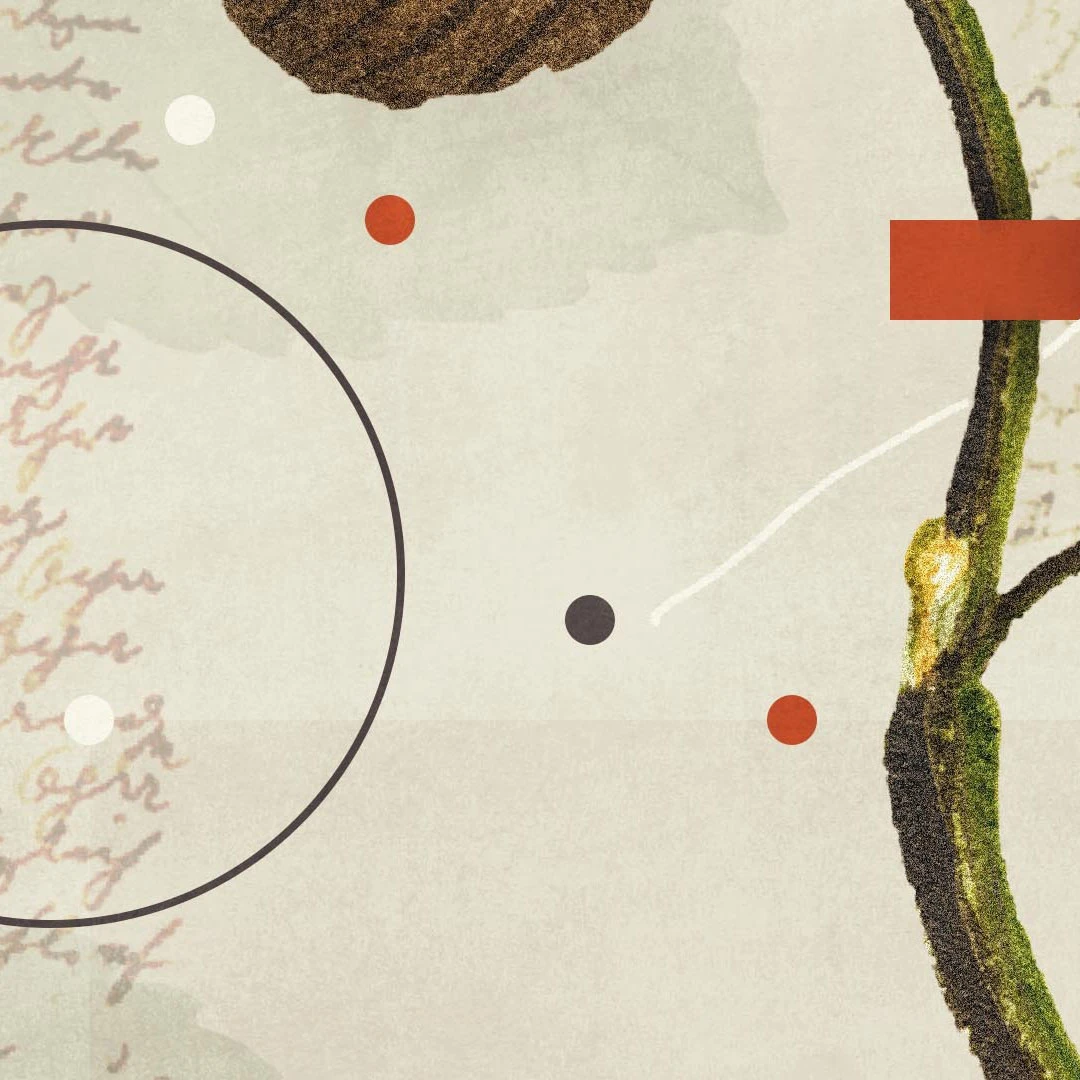The Goodness of the Law

“Oh how I love your law!” (Ps. 119:97). What a strange statement of affection. Why would anyone direct his love toward the law of God? The law limits our choices, restricts our freedom, torments our consciences, and pushes us down with a mighty weight that cannot be overcome, and yet the psalmist declares his affection for the law in passionate terms. He calls the law sweeter than honey to his mouth (Ps. 119:3).
What is it about the law of God that can provoke such affection? In the first place, the law is not an abstract set of rules and regulations. The law reflects the will of the Lawgiver, and in that regard it is intensely personal. The law reflects to the creature the perfect will of the Creator and at the same time reveals the character of that being whose law it is. The law of God proceeds from God’s being and reflects His character. When the psalmist speaks of his affection for the law, he makes no division between the law of God and the Word of God. Just as the Christian loves the Word of God, so we ought to love the law of God, for the Word of God is indeed the law of God.
The second reason why the psalmist has such a positive view of the law is that the law, by revealing God’s character, exposes our fallenness. It is the mirror that reflects our own images—warts and all—and becomes the pedagogue, the schoolmaster that drives us to Christ. The law does not drive us out of the kingdom but it ushers us into the kingdom by directing us to the One who alone is able to fulfill its demands.
God’s law also is a guide for us. The psalmist calls it “a lamp to my feet and a light to my path” (Ps. 119:105). The imagery here suggests a person walking on a narrow path on a moonless night, groping in the dark to find the correct way. A wrong turn could result in a fall from a precipice or tripping into painful brambles. But the law serves as a lamp to show us where we should place our feet as we walk. It shows us how not to stray into the way of destruction. In that respect, the law with its light grants wisdom to one who meditates upon it. By this wisdom, we discern what righteousness is and what is the right thing to do in the complex situations of our lives. The light that shines from the law reveals the snares that have been set in our pathway by the enemy and gives us the wisdom to avoid them. It becomes a hiding place, a shield, and the source of our hope.
Our nature in the fall is one of lawlessness. The power of conversion rescues us from bondage to sin, but it does not deliver us from all temptations.
The law also acts as a restraint upon us. Our nature in the fall is one of lawlessness. The power of conversion rescues us from bondage to sin, but it does not deliver us from all temptations. We need the restraint of law to keep our sinful impulses and fallen inclinations in check. In this regard, we may use the metaphor of the bridle. The bridle and the bit are put on the horse so that the horse can be kept from running wildly into destruction. Speed limits on the highway do not stop speeding, but they do produce a certain restraint to keep impulses under control.
The most wonderful function of the law, however, is that it shows us what is pleasing to God. The godly man is the one who mediates on the law day and night (Ps. 1:2), and he does so because he finds his delight therein. By delighting in the precepts of God, he becomes like a tree planted by rivers of living water, bringing forth its fruit in its season (Ps. 1:3). Our Lord said, “If you love Me keep My commandments” (John 14:15), but we cannot show that love for Him unless we know what the commandments are. A knowledge of the law of God gives to us the pattern of loving obedience. If we love the Lord, we must also love His law. To love God and despise His law is a contradiction that must never be the profile of the Christian. The psalmist says that God hates the double-minded man, and the doubleminded man says that he loves God while at the same time he eschews the law of the Lord (Ps. 119:113). The psalmist says that the precepts, judgments, and testimonies of God are wonderful because they keep the soul and they preserve us from sins dragging us back into slavery and dominion (Ps. 119:129). The law in this regard is redemptive—not that we find our redemption by keeping the law, but that the Redeemer is shown to us through the law.
Finally, the psalmist says, “Your word is very pure; Therefore your servant loves it” (Ps. 119:140, NKJV). Those things that are pure, that are perfect, are worthy objects of our affection. All of these functions of the law are seen in the sweetness and the loveliness of the law that God reveals. He gives us His law not to take away our joy but rather that our joy may be full. His law is never given in a context of meanness but in the context of His love. We love the law of God because God loves His law and because that law is altogether lovely.


